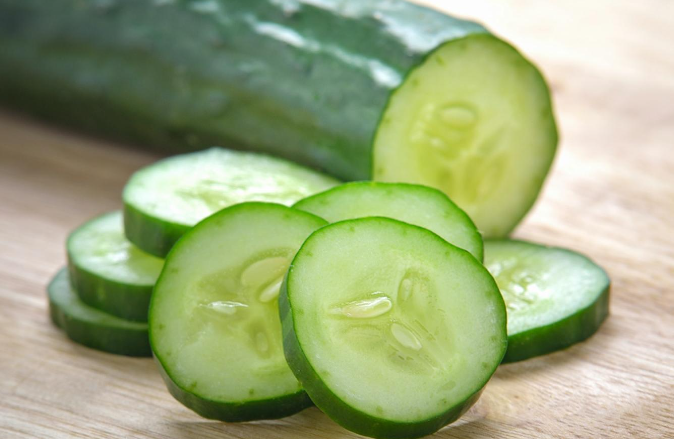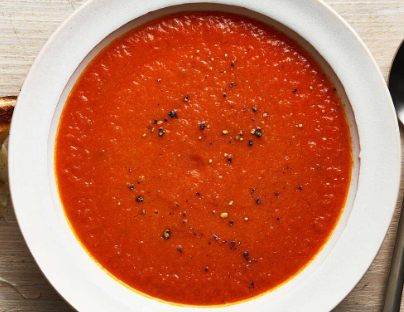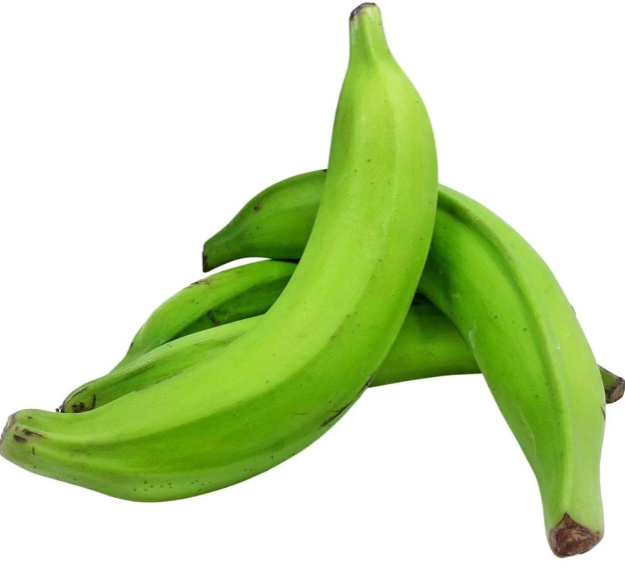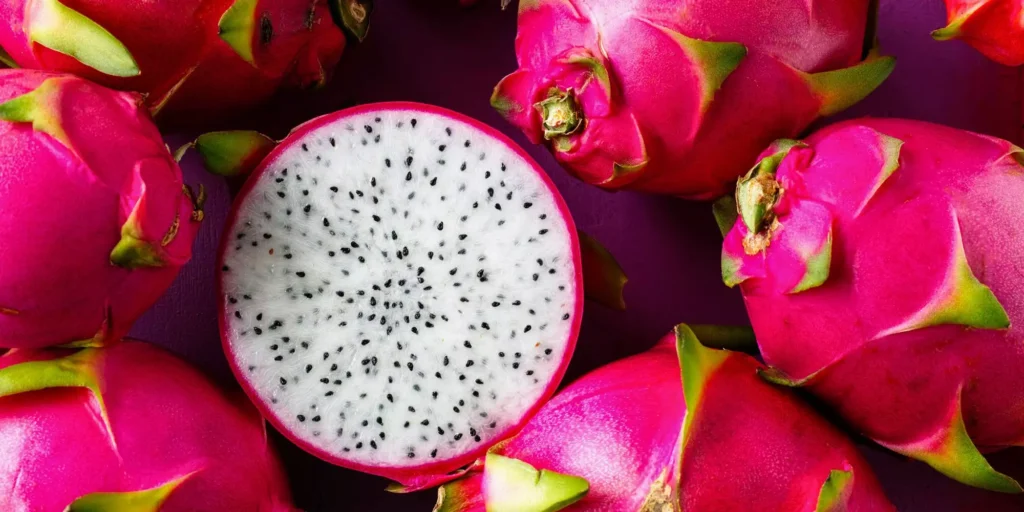Many people today are talking about gluten and its effects on health. Those who have celiac disease or gluten sensitivity must eat gluten-free to stay healthy. But what does that mean for mango lovers? Can they still enjoy this fruit? This article will explain if mangoes contain gluten and if they are okay for a gluten-free diet.
Table of Contents
- What Exactly is Gluten?
- Celiac Disease and Sensitivity to Gluten
- Are Mangoes Free from Gluten?
- What Does ‘Gluten-Free’ Mean?
- What’s in a Mango?
- Watch Out for Cross-Contamination
- Why Mangoes Are Good for You
- 1. Loaded with Nutrients
- 2. Immune System Boost
- 3. Supports Healthy Digestion
- 4. Good for Your Heart
- Living Gluten-Free
- Eating Gluten-Free
- Cooking and Meal Planning Without Gluten
- Eating Out and Traveling Gluten-Free
- Adding Mangoes to a Gluten-Free Diet
- 1. Fresh Mangoes
- 2. Mango Smoothies
- 3. Mango Salsa
- 4. Mango Salad
- 2. Recipes with Mangoes
- Conclusion
- FAQs
- Can individuals with celiac disease eat mangoes?
- Can mangoes cause gluten cross-reactivity?
- Can mangoes be used in gluten-free baking?
What Exactly is Gluten?
Gluten is made up of two proteins called glutenin and gliadin. These proteins make dough stretchy and sticky.
Gluten is found in many foods like bread, pasta, cereals, and pastries. But gluten can also be in less obvious items, like some sauces, dressings, and other packaged foods.
Celiac Disease and Sensitivity to Gluten
Celiac disease is when the body’s immune system reacts badly to gluten, hurting the small intestine. This can cause stomach pain, bloating, diarrhea, and prevent the body from getting the nutrients it needs.
Non-celiac gluten sensitivity is when people feel similar symptoms but their immune system doesn’t respond the same way. Those with this sensitivity feel better when they don’t eat gluten.
Are Mangoes Free from Gluten?
Yes, mangoes naturally do not have gluten. This makes them safe for people who don’t eat gluten. Mangoes are a sweet, juicy tropical fruit with many health benefits.
What Does ‘Gluten-Free’ Mean?
‘Gluten-free’ means that a food has less than 20 parts per million (ppm) of gluten. This rule is used around the world to keep gluten-free foods safe for those who need them.
What’s in a Mango?
Mangoes are mostly water and sugars, but have a bit of protein and fat as well. They have a lot of fiber, vitamins, minerals, and natural chemicals that protect your body. Mangoes are very good for you because of the vitamin C, vitamin A, potassium, and folate they provide.
Watch Out for Cross-Contamination
Even though mangoes themselves are gluten-free, there’s a chance they could get gluten on them if they’re around gluten-containing foods. This is usually not an issue with mangoes, though. When you buy mango products, just check the package for any gluten warnings or gluten-free labels to be sure.
Why Mangoes Are Good for You
Mangoes aren’t just free from gluten. They’re also full of things that are good for your body. Here are some of the top reasons to eat mangoes.
1. Loaded with Nutrients
Mangoes are bursting with important vitamins and minerals. They have lots of vitamin C, which helps the immune system, improves skin, and fights off damage to your cells. Mangoes also have vitamin A, which is important for healthy skin and good eyesight.
2. Immune System Boost
The large amount of vitamin C in mangoes is great for keeping your immune system strong. Vitamin C acts as an antioxidant, keeping cells safe from harm.
3. Supports Healthy Digestion
The fiber found in mangoes is good for your digestive system and can help you avoid constipation. Fiber, along with natural enzymes in mangoes, can help break down protein and make digestion easier.
4. Good for Your Heart
Mangoes can contribute to a healthy heart with their fiber, potassium, and natural antioxidants. Fiber helps keep cholesterol levels healthy, while potassium keeps blood pressure in check.
Living Gluten-Free
People who have celiac disease or gluten sensitivity must stay away from gluten. Here’s how to do it.
Eating Gluten-Free
A gluten-free diet has lots of natural gluten-free foods like fruits, veggies, meats, fish, dairy, beans, and certain grains like rice, quinoa, and corn. Always read food labels carefully to avoid gluten hiding in processed items.
Cooking and Meal Planning Without Gluten
When you make gluten-free food at home, you know exactly what goes into it. There are many gluten-free options out there, like flours, breads, pastas, and mixes for baking. Trying new gluten-free recipes can be fun and help you adjust to this way of eating.
Eating Out and Traveling Gluten-Free
It can be hard to eat out or travel when you’re gluten-free, but it’s not impossible. Plan ahead and talk to restaurant staff about your needs. Nowadays, many places offer gluten-free menu options.
Adding Mangoes to a Gluten-Free Diet
It’s easy and tasty to include mangoes in a gluten-free diet. Here’s how you can enjoy them.
1. Fresh Mangoes
The simplest way to enjoy mangoes is fresh. Just cut them up and eat them as a snack or dessert. They’re also great in smoothies or as a topping for yogurt or cereal.
2. Mango Smoothies
Blend mangoes with other fruits, some yogurt or milk substitute, and ice for a refreshing, gluten-free smoothie.
3. Mango Salsa
Make a salsa with chopped mangoes, onions, cilantro, and peppers. It’s a tasty gluten-free addition to fish, chicken, or just for scooping up with gluten-free chips.
4. Mango Salad
Add mango slices to your salads for a burst of sweet flavor without any gluten worries.
Remember to always check for cross-contamination if you’re eating pre-cut or packaged mangoes. Enjoy their sweet, healthy deliciousness as part of your gluten-free lifestyle!
The best way to enjoy the sweet and juicy taste of mangoes is to eat them fresh. Just peel and cut a ripe mango, and treat yourself to its delicious tropical flavor as a yummy snack or after-meal treat.
2. Recipes with Mangoes
You can do a lot with mangoes, especially when you’re eating gluten-free. Blend them into a smoothie, mix up some mango salsa to put on top of fish or chicken, or toss them into salads and fruit bowls to make them pop with color and taste. Try new things in the kitchen and use mangoes in your gluten-free dishes.115p>
Conclusion
To wrap up, mangoes don’t have gluten and are perfect for people eating gluten-free. They are full of health benefits and are a tasty part of any snack or meal. Just be careful of cross-contamination when it comes to processed mango items.
Adding mangoes to your gluten-free diet boosts how many nutrients you get, helps your immune system, keeps your gut healthy, and is good for your heart. Enjoy the goodness of mangoes and stay true to your gluten-free way of eating.









